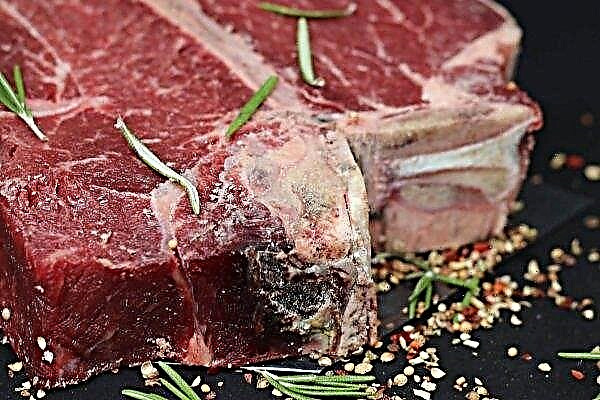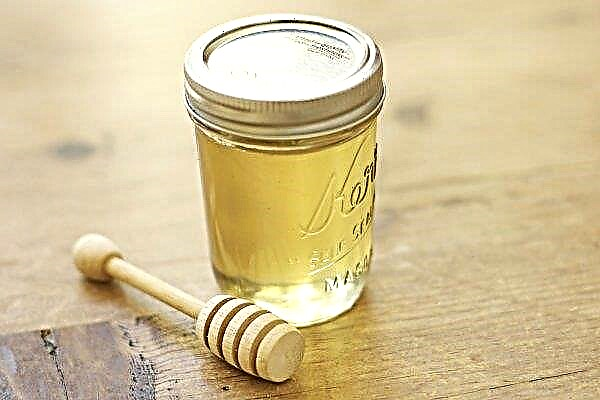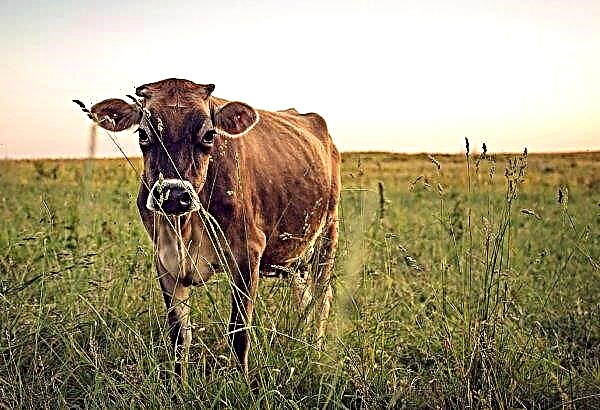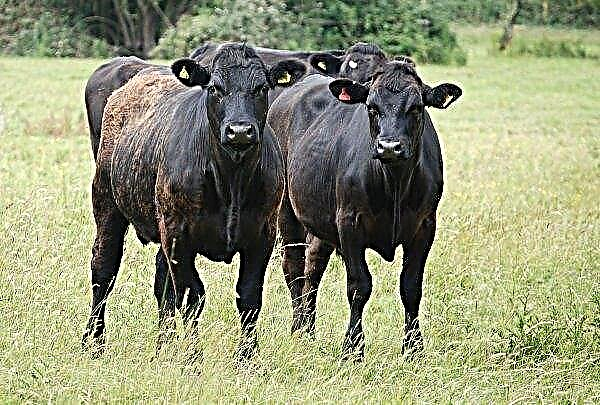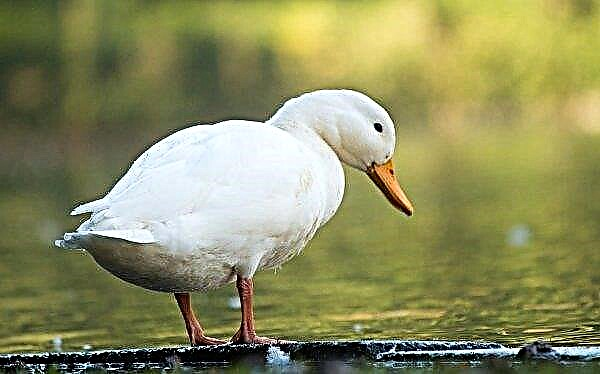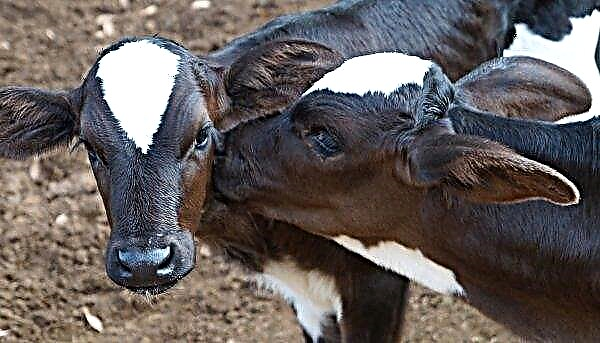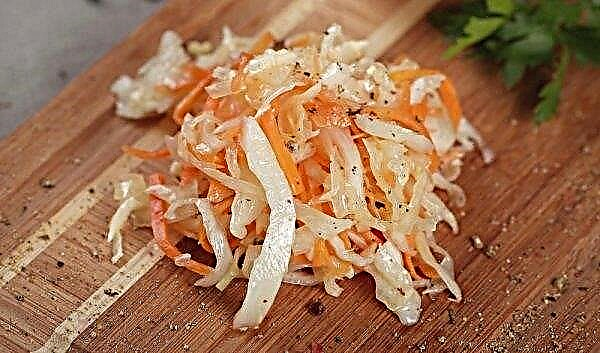The basis for success in farming is the constancy of the production process, that is, the continuous laying of eggs and maintaining a healthy population. This rule is also true for quail. However, these birds can stop laying their eggs, it becomes a serious problem. The article will help to understand why quails do not rush at home.
Important! A break in egg laying leads to a decrease in production, and, consequently, – to losses and inhibition of all processes on the farm.
Reasons for the lack of oviposition
There are several reasons why quails are badly carried (or not carried at all):
- improper lighting - it is important for quail to receive light in large quantities, and therefore the daylight hours for them should be 18 hours. However, it should not be too bright, otherwise the birds could be harmed;
- wrong temperature - egg production in birds is observed at a temperature of 20 ° above zero;
- poor nutrition - if the bird receives poor or insufficient food, it will not lay eggs;
- cell overpopulation - when there are many quails in one cage, they may lack a free space, which, in turn, will lead to irritability, anxiety and unwillingness to lay eggs;
- transportation stress - in the process of transportation from the native farm to the territory of the new quail owners, they experience stress associated with a change in the situation, and they need 2-3 weeks to get used to the new terrain before they can rush;
- male replacement - when the male changes, the females stop laying eggs for 6-7 days;
- the migration of young animals into cellsin which adults previously lived - in the presence of cells for different ages, the transfer of livestock to “adult” cells causes a break in egg production;
- molting - like other birds, the quail stops the process of laying eggs for molting;
- the presence of diseases - to the termination of oviposition can lead to health problems in birds. If at the same time they show signs of feeling sick, it is necessary to check them with the veterinarian;
- livestock aging - although a period of 10 to 30 months is considered to be a fruitful age for females, towards the end of this period a decline or even a cessation of egg production may be observed;
- drafts in the house - The wind leads to health problems and injuries of the plumage.
Did you know? Quail eggs are used in the manufacture of antiallergic drugs.

How to solve the problem
The following measures can be taken to solve the problem:
- regular cell cleaning;
- monitoring the nutrition of birds and its correction, if necessary;
- providing quails with sufficient free space. Birds should be kept no more than 50 individuals per 1 square meter, and laying hens are recommended to be kept separately from the rest of the livestock;
- normalization of temperature and light conditions in the house;
- exclusion of winds and drafts, ensuring proper ventilation;
- maintaining an optimal level of humidity, which is 30%.
Prevention
As preventive measures aimed at avoiding problems with egg production, it is worth resorting to the above measures.
It is obligatory to carry out such events:
- regular examinations of birds for their disease (both independently and with the involvement of a veterinarian);
- planned rejuvenation of livestockreplacing age quails with younger ones;
- selection of females carrying “soft eggs”treatment to fix the problem (or replace them with healthy individuals).
 A break in egg laying can be a serious problem for the farm.
A break in egg laying can be a serious problem for the farm.Important! EIf the birds are not hatched, but with the help of an incubator, they need to ensure a gradual transition from a temperature of 30° C inside the incubator to room – in 20° C.
The main thing is to prevent the problem, and in case of its occurrence - immediately eliminate it.


